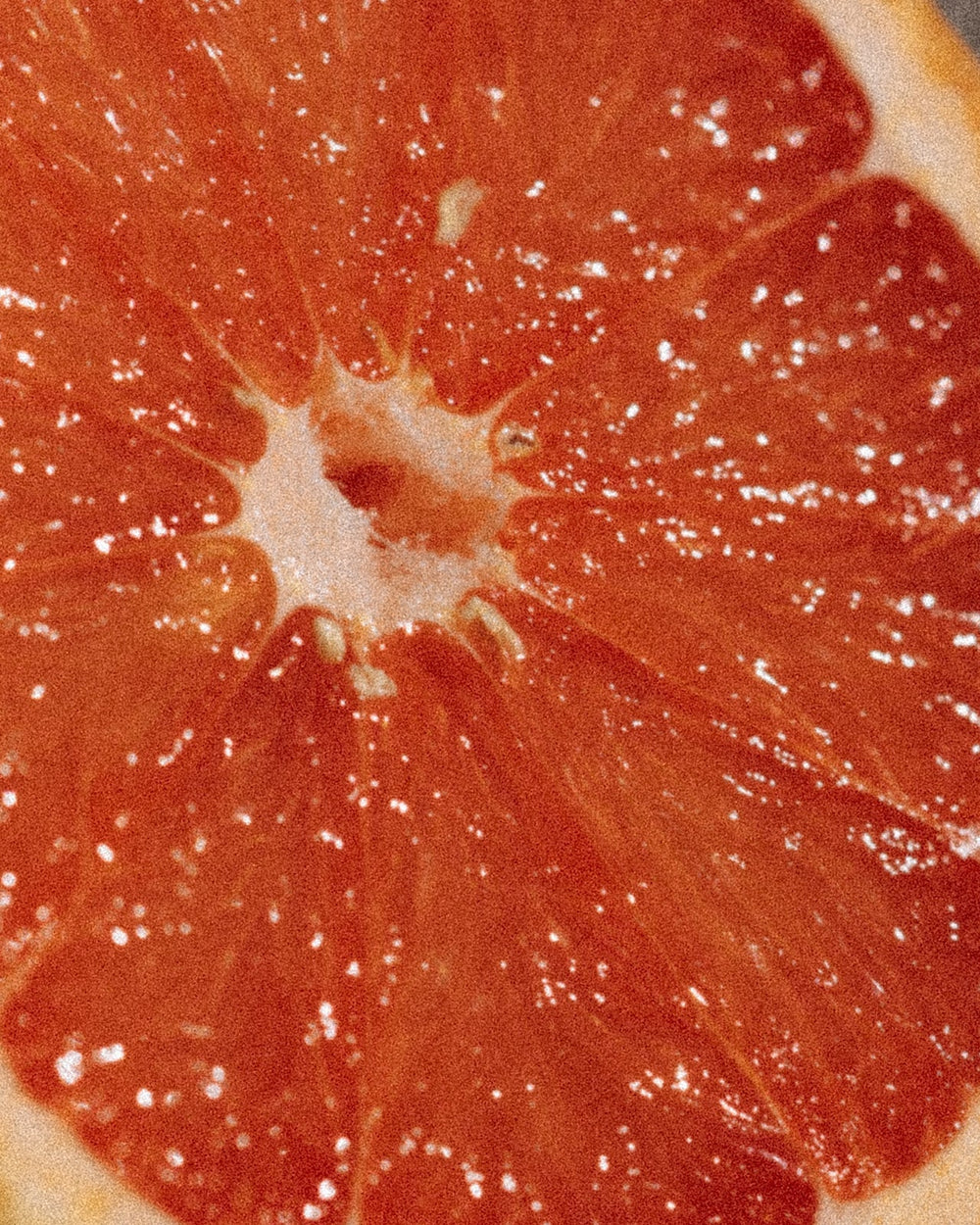Gone are the days of pregnant women being advised to avoid foods like peanuts, eggs and dairy in order to to protect their unborn babies from potential allergies. Fortunately, science has proven many of these restrictions completely unnecessary. But there are still some foods and beverages experts agree pregnant women should stay away from in order to ensure the health and safety of their developing fetus.
We caught up with Registered Dietitian Stephanie Lauri, CLEC, to find out more about the foods and beverages that could be harmful for expecting mothers—and why.
Here’s a list of foods and drinks to avoid in early pregnancy...

1. Unpasteurized Dairy Products
The Centers for Disease Control and Prevention (CDC) recommends staying away from soft cheeses like brie, feta and blue cheese unless they’re labeled “pasteurized.” That’s because unpasteurized milk—and foods made from unpasteurized milk—can contain a harmful bacteria called listeria monocytogenes which, if ingested, can lead to illness, increase risk of miscarriage, premature delivery, stillbirth and other serious health problems.1
Lauri says that pregnant women are ten times more likely to get a listeria infection than the general population, which means expecting mothers should be extra diligent about minimizing risk. Since listeria is killed by pasteurization and cooking, ensuring all of your dairy foods (and also fruit juices) are pasteurized is the best way to protect you and your baby.
2. High Mercury Fish
Fish can be a great source of nutrients for an expecting mother and her unborn baby. It’s jam-packed with protein and iron and a whole host of other nutrients, vitamins and minerals that are crucial to healthy fetal and childhood development. Most fish is very high in omega-3 fatty acids like eicosapentaenoic acid (EPA) and docosahexaenoic acid (DHA), which are critical to a baby’s cognitive, visual and nervous system development.2 They also play a role in breast milk production and may help prevent preterm labor and delivery, among countless other benefits for mom and baby.
- DHA-Rich Foods to Add to Your Diet
But certain fish are particularly susceptible to contamination from mercury, a highly toxic element commonly found in polluted water. In large amounts, mercury can be extremely harmful to the nervous system, immune system and the kidneys. In children, mercury may also lead to serious developmental issues.
High-mercury fish to avoid in pregnancy and during lactation include shark, swordfish, marlin, orange roughy, king mackerel, and tilefish from the Gulf of Mexico. Lauri also suggests limiting albacore canned tuna to four to six ounces per week, and larger tuna like big eye to once per month.
Salmon, tilapia, shrimp3, cod and catfish are all considered lower mercury options that are safe and beneficial for pregnant women.4
Ensure your unborn baby is getting the nutrition he or she needs with our first trimester vitamins.
3. Alcohol
According to the Centers for Disease Control and Prevention (CDC), there is no known safe amount of alcohol for pregnant women and it should therefore be avoided altogether during all three trimesters.5
“Alcohol in a pregnant woman’s bloodstream passes to the baby through the umbilical cord,” explains Lauri. “Drinking alcohol during pregnancy can lead to miscarriage, stillbirth, and a host of physical, behavioral and intellectual disabilities, collectively known as fetal alcohol spectrum disorders (FASDs).”
Lauri suggests pregnant woman experiment with “mocktails,” alcohol-free versions of their favorite pre-pregnancy cocktails.
4. Raw or Undercooked Meat, Fish and Shellfish
Consuming undercooked meat and fish—especially shellfish—dramatically increases your risk of food-borne illness from bacteria and parasites like listeria and salmonella, among others.
Lauri says the best way for pregnant women to avoid exposure to these harmful contaminants is to completely avoid eating raw and undercooked meats and seafoods. “Cooking meats and seafood are the only way to ensure the bacteria and parasites that cause these dangerous illnesses and infections are eliminated,” she says.

5. Licorice Root
A 2017 study out of Finland suggests that consuming too much glycyrrhizin, a sweetener derived from the root of the licorice plant often used to flavor licorice candy, soft drinks and herbal teas, can have negative implications for an unborn baby.
Researchers found that 13-year-olds who had been exposed to the largest amount of licorice in utero averaged seven points lower on I.Q. tests and had triple the risk for ADHD-type behaviors than those who had been exposed to the smallest amount. The researchers also noted that girls in the higher consumption group tended to have a higher body mass index and reached puberty earlier.
According to Lauri, this isn't the first time glycyrrhizin has raised concern. “This compound is also linked to high blood pressure and has been associated with Fanconi syndrome, a disorder that effects the filtering tubes of the kidney,” she says.
The good news is that many of the licorice flavored products made in the United States don’t actually contain this ingredient. Instead, many are made with anise oil, which is similar to glycyrrhizin but without the side effects, according to the U.S. Food and Drug Administration (FDA).6 Pregnant women should check ingredient lists when shopping for licorice-type candies, herbal teas and soft drinks.
6. Too Much Caffeine
While research suggests that moderate caffeine consumption is harmless during early pregnancy, too much may be detrimental to an unborn baby.7 According to Lauri, “Caffeine crosses the placenta and a baby can’t effectively metabolize it in the same way an adult can.”
Caffeine is a stimulant that may impact blood pressure and heart rate. It has been linked to low birth weight in infants and preterm labor. For this reason, the American College of Obstetrics and Gynecology recommends that pregnant women consume less than 200 milligrams per day—that's about the amount found in two cups of regular brewed coffee.7
Just be mindful that coffee isn't the only source of caffeine. It can be found in chocolate, tea, soda, some medications, and even in small amounts in decaf coffee.
7. Unwashed Fruits and Vegetables
While nutrient-dense fruits and veggies should be a staple in a pregnant woman’s diet (and really, everyone else’s, too), Lauri cautions against those that haven't been thoroughly cleaned. “Consuming unwashed produce puts a pregnant woman at risk of toxoplasmosis, a disease that results from a parasitic infection, and listeria,” she says.
Lauri advises that cold salads—like pasta or potato salad—that have been sitting out for a while are also prime breeding ground for harmful bacteria so while these are certainly on the list of foods you can have during pregnancy, she recommends approaching them with the same level of caution.
8. Raw Sprouts
Raw or lightly cooked alfalfa, clover, onion, radish and mung bean sprouts should be avoided during pregnancy since the humidity required for them to grow is also conducive to the growth of harmful bacteria like salmonella, listeria and E.coli.
Since cooking destroys these bacteria, if the sprouts have been fully cooked, the FDA reports that they are safe to eat.8
Ready to boost your nutrition throughout pregnancy? Perelel is the first OB/GYN-founded vitamin targeted to each unique trimester. Get started with our first trimester vitamins now.
1 Food Safety While Pregnant | KidsHealth.Org.
2 Omega 3 Fatty Acids: FAQs - American Pregnancy Association.
3 Eating Shrimp During Pregnancy - Is it Safe?
4 Mercury Levels in Fish | American Pregnancy Association.
5 (2025). Alcohol Use in Pregnancy | CDC.
6 (2017, November 6). Black Licorice: Trick or Treat? | FDA.
7 (2020). How much coffee can I drink while I'm pregnant? | ACOG.
8 (2021, March 10). Selecting and Serving Produce Safely | FDA.
This article is for informational purposes only. It is not, nor is it intended to be, a substitute for professional medical advice, diagnosis, or treatment and we recommend that you always consult with your healthcare provider. To the extent that this article features the advice of physicians or medical practitioners, the views expressed are the views of the cited expert and do not necessarily represent the views of Perelel.




















